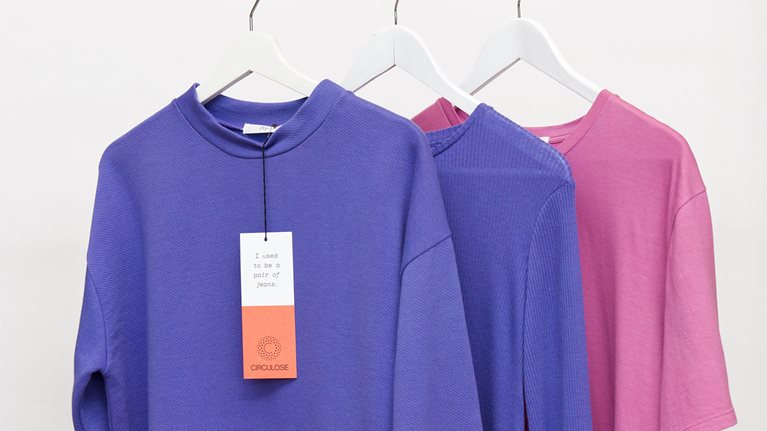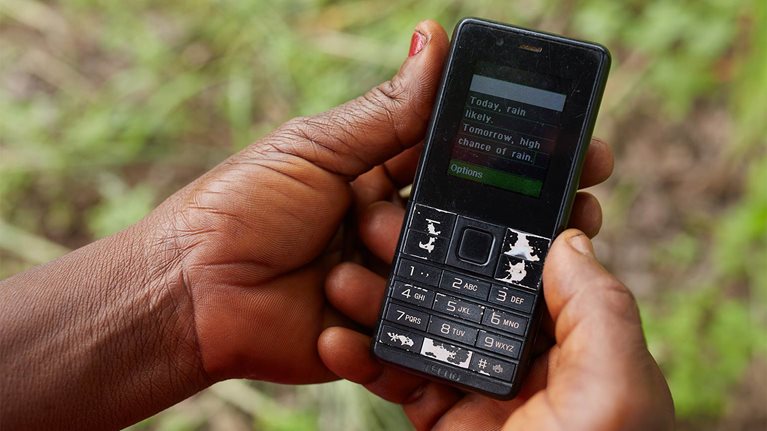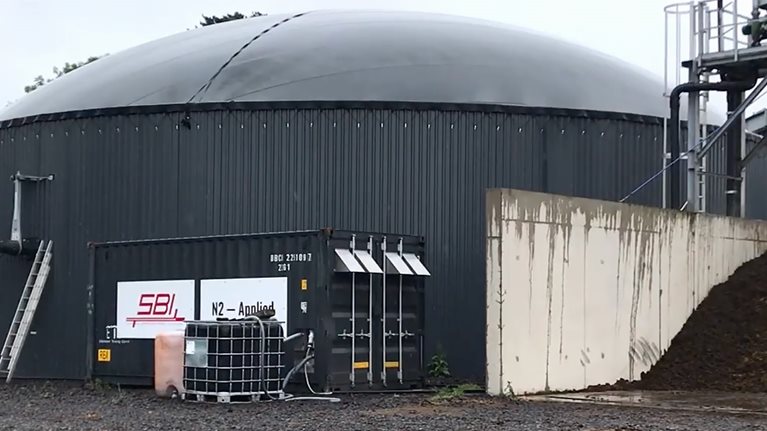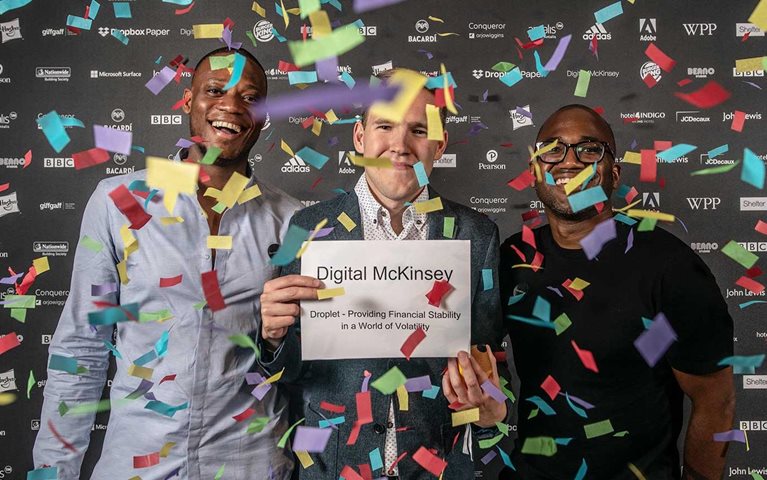Unicorns, once confined to myths and fairy tales, are now common fixtures in business conversations. And lately, a new breed is beginning to emerge wherever purpose-driven people and effective organizations thrive.
“Impact unicorns” are startups that promise to improve one billion lives, and they’re what a Swedish non-profit organization called Norrsken is hoping to raise as it encourages entrepreneurs to tackle some of society’s biggest challenges.
This effort culminated in Norrsken’s inaugural Impact Week, an event celebrating impact entrepreneurship that was held in Stockholm earlier this quarter. Bringing together hundreds of startups with venture capital (VC) investors, the event gave innovators the chance to network with unicorn founders and explore how tech and entrepreneurship can combine to solve global issues like famine, food waste, poverty, and discrimination. The week also included the launch of the Norrsken Award—the biggest Nordic prize for impact startups.
“The level of excitement from students, investors, and developers was overwhelming,” says Niklas Adalberth, Norrsken founder and Klarna co-founder. “We’re clearly reaching a tipping point where we’re seeing a competitive advantage for purpose-led companies that are net positive for the planet.”
The goal is to create a social movement, where impact founders and entrepreneurs are supported in the same way that commercial entrepreneurs are.
McKinsey has partnered with Norrsken, offering support on a pro bono basis, since its founding in 2016. In that time, we’ve helped structure its VC fund and expand its ecosystem of investment capital to other markets. Today, Norrsken is one of the biggest impact-tech funds in Europe, having invested in 17 impact startups to date. The organization has also opened two coworking locations in Stockholm and Kigali, Rwanda.
Over the last six months, a team from McKinsey’s Stockholm office that included colleagues from Fuel, a McKinsey company that works with startups, partnered with Norrsken to promote social entrepreneurship in the Nordics. “The goal,” explains McKinsey partner and European leader of Fuel Tobias Stralin, “is to create a social movement where impact founders and entrepreneurs are supported in the same way that commercial entrepreneurs are.”
Louise Nehler, a former McKinsey associate in Stockholm, worked with Norrsken to design Impact Week and launch the Norrsken Award. The three winners each receive half a year of pro bono part-time support from McKinsey to help them grow quickly and reach new markets, in addition to communications and marketing advice from Brunswick Group and legal support from Mannheimer Swartling.
Among the finalists this year were startups that offered personalized learning in school, solar cells that work indoors, and cancer detection with your phone.
McKinsey senior partner and Fuel leader Chandra Gnanasambandam was a Norrsken Award judge. “We looked at factors like how many people can be helped, the strength of the business idea, and the diversity of the teams,” says Chandra.“We wanted ideas solving for highly relevant problems on a mass scale that have already demonstrated market viability with existing customers.”
Three winners met that high bar: textile recycler Re:newcell, tropical-weather forecaster Ignitia, and a company that aims to help farmers produce their own fertilizer from renewable resources, N2 Applied.
In these startups, Chandra sees evidence of a wider trend. “In many ways Norrsken is a microcosm of a broader movement we see happening all over the world,” he says. In just the last 18 months, he explains, more businesses are thinking beyond shareholder value creation toward breakthrough ideas with societal benefits.
Tobias agrees. “We know more than ever that doing good for the environment means doing good for business,” he says. “And businesses are great vehicles to changing society.” Learn more about the winners below.
Re:newcell

To counter the 90 million tons of fashion materials that end up in landfills and incinerators each year, Re:newcell’s Professor Gunnar Henrikkson, Dr. Christoffer Lindgren, Mr. Johan Sundblad, and Professor Mikael Lindstrom worked with Malcolm Norlin to develop a chemical process that transforms cotton textiles into sheets of cellulose pulp for textile fiber producers to use.
Ignitia

In tropical areas where 80 percent of the economy depends on agriculture, changing weather patterns can have an immediate impact on livelihoods. To help solve for this, Liisa Smits and a team of scientists developed Ignitia: a highly accurate tropical weather forecasting tool that sends farmers location-based text messages with daily, monthly, and seasonal weather forecasts.
N2 Applied

N2 Applied’s technology enables livestock farmers to produce cost competitive, high quality nitrogen fertilizer from manure, air, and renewable energy, directly on the farm. Founded by farmer and serial entrepreneur Grete Sonsteby, and her partner Rune Ingels, the company came from a desire for an alternative to expensive and environmentally harmful industrial fertilizers.

